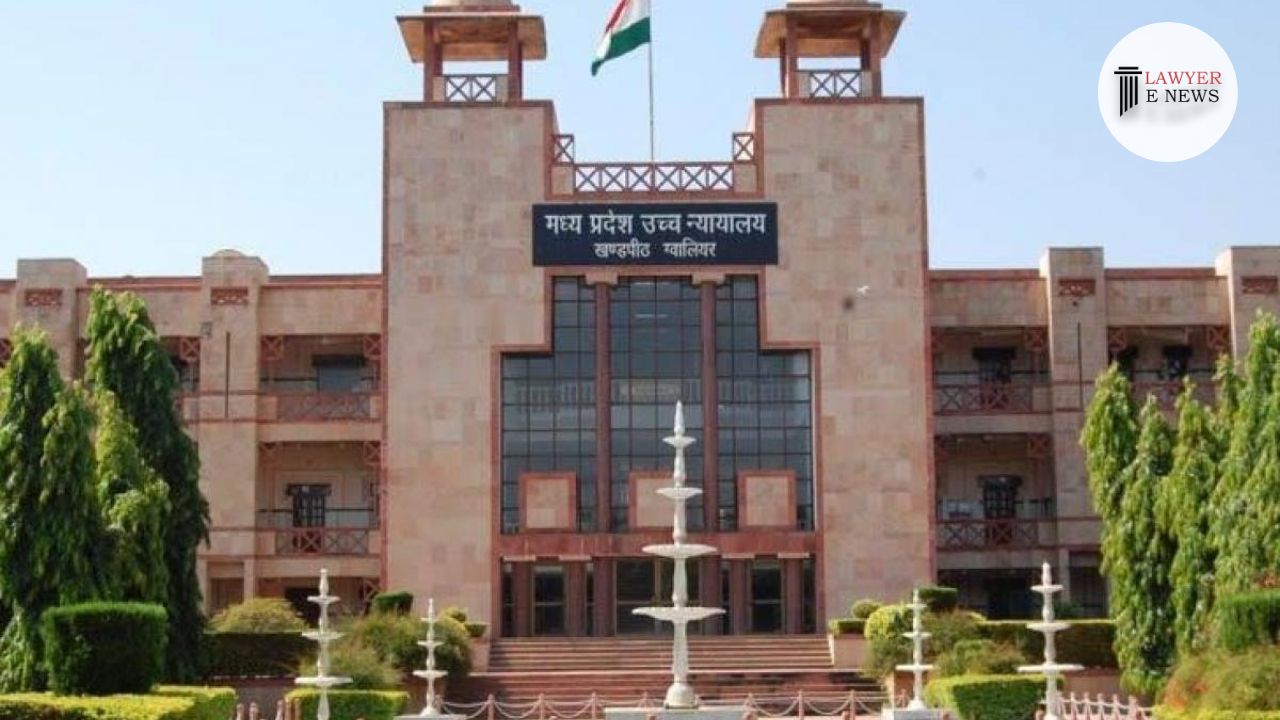-
by sayum
18 February 2026 6:55 AM



In a significant ruling, the High Court of Madhya Pradesh at Indore has reduced the sentence of the appellant, Ghanshyam, who was convicted under Sections 304-II and 323 of IPC. The judgment was delivered by Hon’ble Shri Justice Prem Narayan Singh on August 29, 2023.
The appellant was initially sentenced to 10 years and 3 months R.I. with a fine. However, the High Court considered “mitigating circumstances such as the appellant’s long trial period and lack of premeditation” in reducing the sentence to five years R.I. with a fine of Rs. 10,000.
The Court clarified that the legal maxim “falsus in uno falsus in omnibus” does not apply in India, stating, “Testimony of witnesses cannot be disregarded solely because other co-accused persons are acquitted.”
The defense had argued that the sentence was excessive and that the witnesses were interested parties. The Court, however, held that “the maxim ‘falsus in uno falsus in omnibus’ has no application in India and the witnesses cannot be branded as liar.”
The Court also rejected the argument that the appellant should be charged under Section 325 of IPC for a single blow. It held that the appellant’s act of using a lathi encircled by iron wire on a vital part of the body made him liable for culpable homicide not amounting to murder under Section 304 (Part-II) of IPC.
The appellant, who is currently on bail, has been directed to surrender before the trial Court within 15 days to complete the remaining part of the sentence.
The judgment has cited several precedents, including the case of Gurcharan Singh Vs. State of Punjab reported in AIR 1956 SC 460 and Jaswinder Singh (Dead) through Lrs Vs. Navjot Singh Sidhu and others reported in AIR 2022 SC 2441.
This ruling is expected to have implications on how mitigating circumstances are considered in sentencing for serious offenses.
Date of Decision: 29.08.2023
GHANSHYAM vs THE STATE OF MADHYA PRADESH
